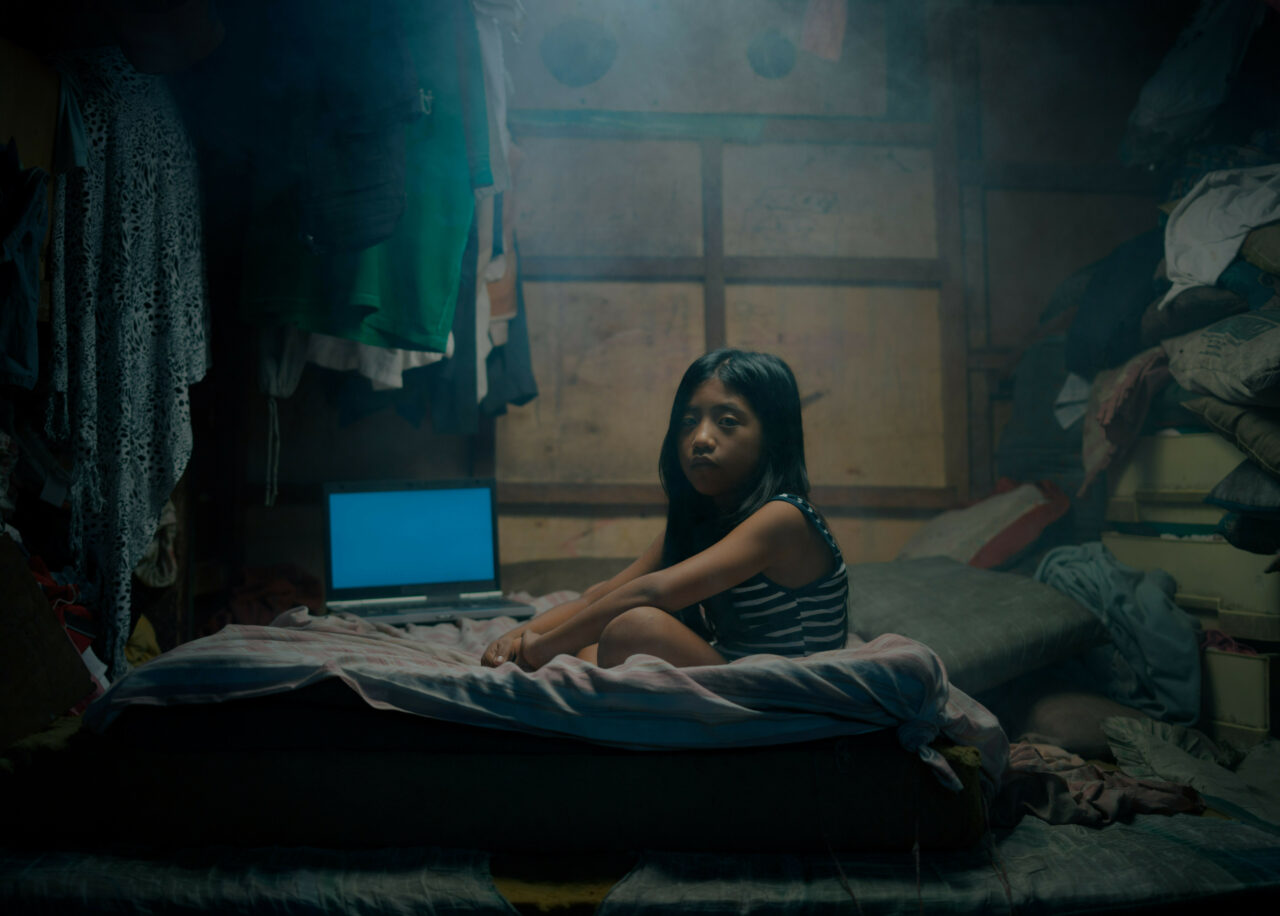
New Prevalence Study Released: Canada's role in the Online Sexual Exploitation of Children in the Philippines
Stock photo
Scale of Harm Study
The Scale of Harm study by International Justice Mission, in partnership with the UK’s Nottingham Rights Lab and survivors of online sexual exploitation in the Philippines, estimated that in 2022 alone, nearly half a million Filipino children – or 1 in 100 – were trafficked to produce new child sexual exploitation material. Based on IJM’s experience supporting over 390 operations led by Philippine law enforcement, the abuse usually includes rape, children forced to engage in sex acts with other children and sometimes harmed in other degrading ways, such as in bestiality. The demand for this exploitation comes predominately from western men in countries like the United States, United Kingdom, Canada, and Australia.
According to the Philippine Anti Money Laundering Council, since 2015 Canada has consistently ranked 4th in international remittances sent to the Philippines that were flagged for online sexual exploitation of children. While the United States is the top remitter in this study, when scaled for population the results are similar: during the same reporting period, the US sent 2.03 reports per 10,000 population and Canada sent 1.8 reports per 10,000 population. Offenders in Canada are producing and consuming this abuse at the same rate as other nations, and we must act urgently.
Recommendations:
- Develop online safety legislation* to protect children in Canada and abroad in consultation with survivors, law enforcement, and child protection organizations. (*Scale of Harm Report Recommendations)
- Strengthen Canadian law enforcement's access to evidence of child sexual abuse.
- Liaise with Royal Canadian Mounted Police HQ and relevant liaisons to determine gaps related to financial intelligence.
- Increase resourcing for the Philippines Internet Crimes Against Children Center (PICACC).
- Conduct additional internal research to improve understanding of system gaps and opportunities for strengthening legislation.

Scale of Harm Joint Statement

Op-ed: More than "Just Survivors"
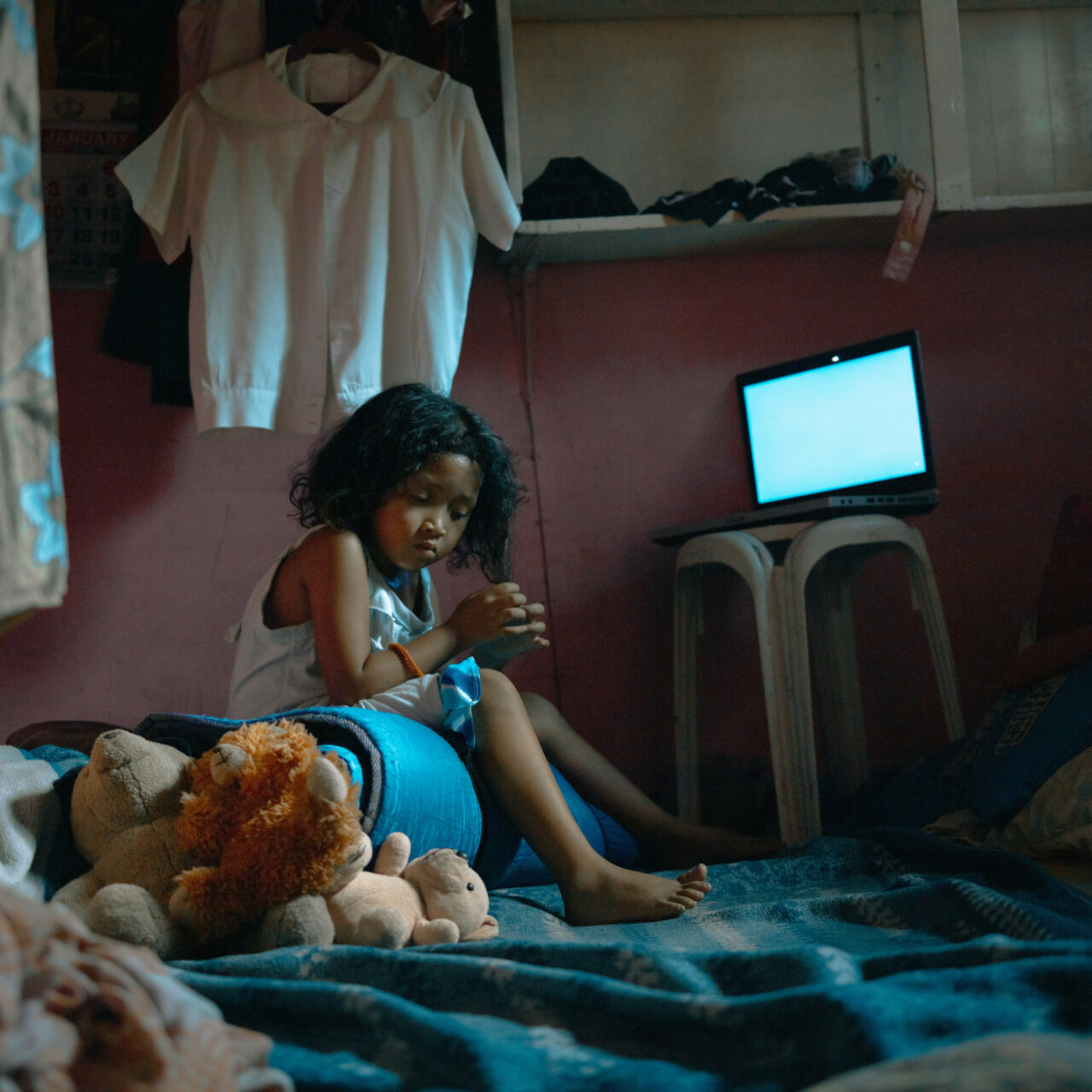
IJM's Center to End the Online Sexual Exploitation of Children
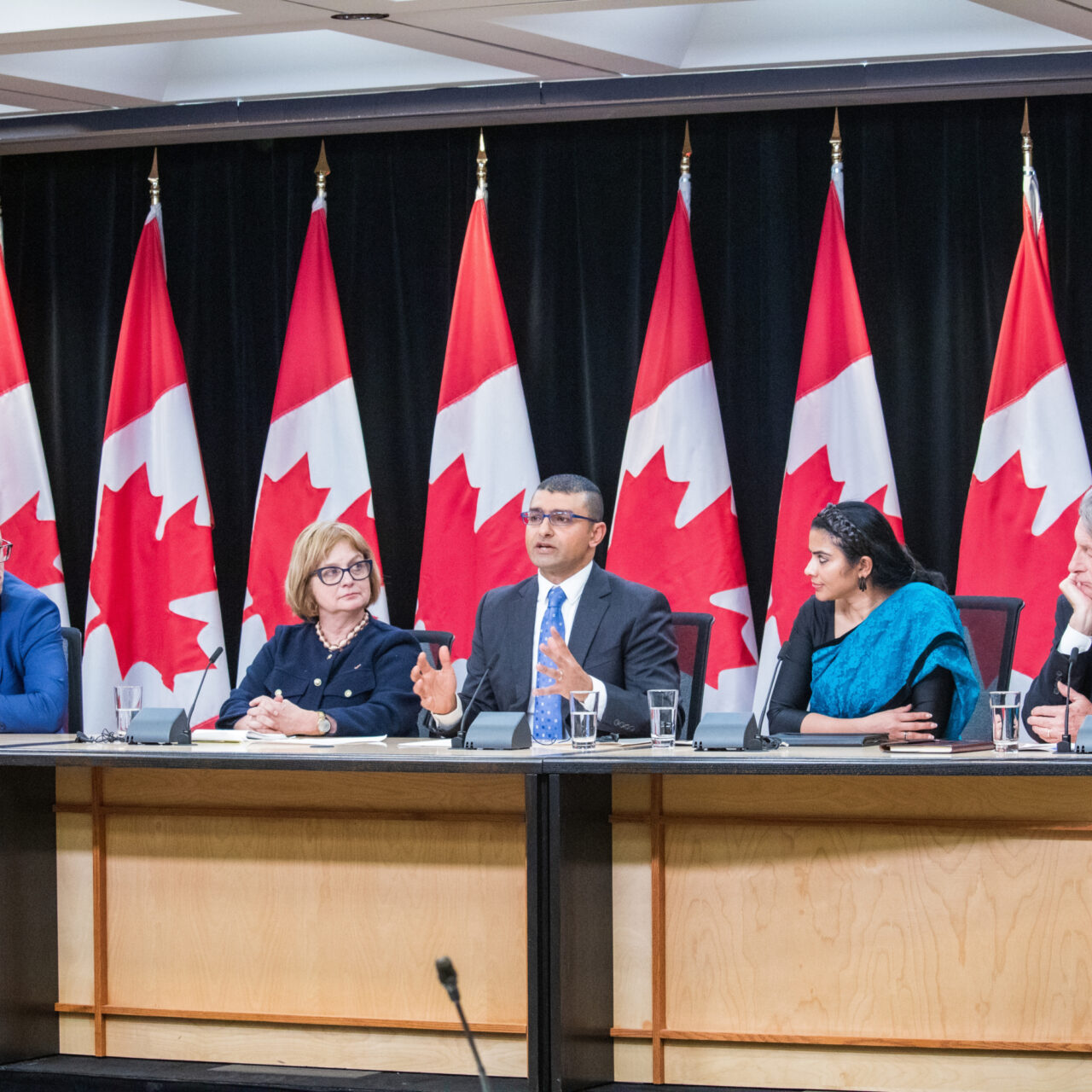
IJM Calls on Canada to Take Action to Reduce Online Sexual Exploitation of Children
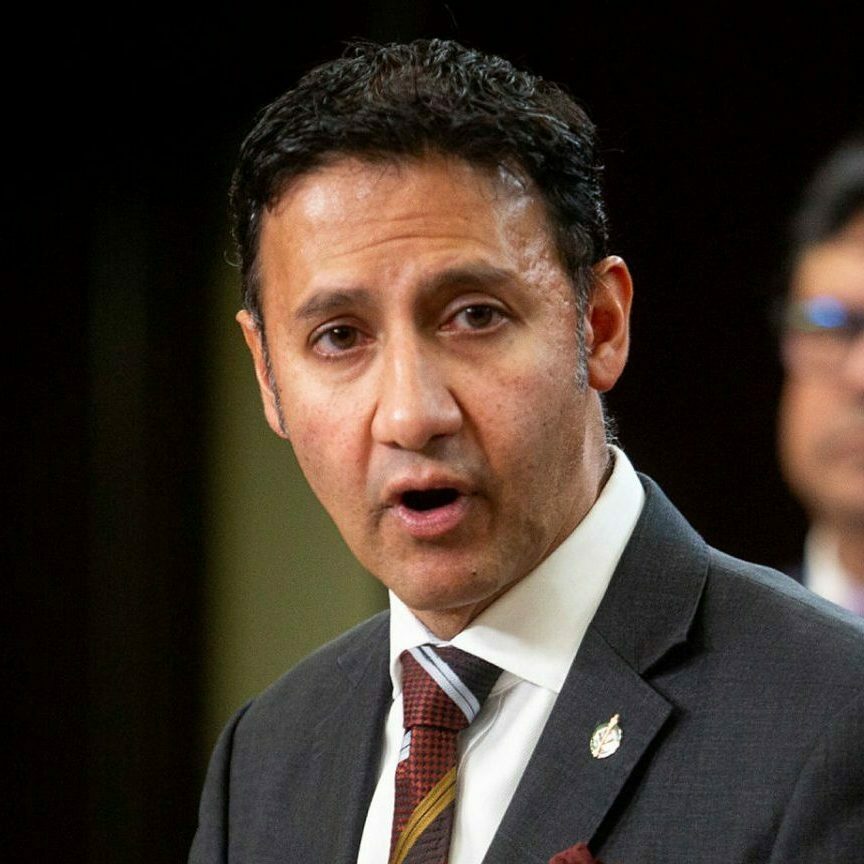
Internet Freedom can co-exist with Child Protection
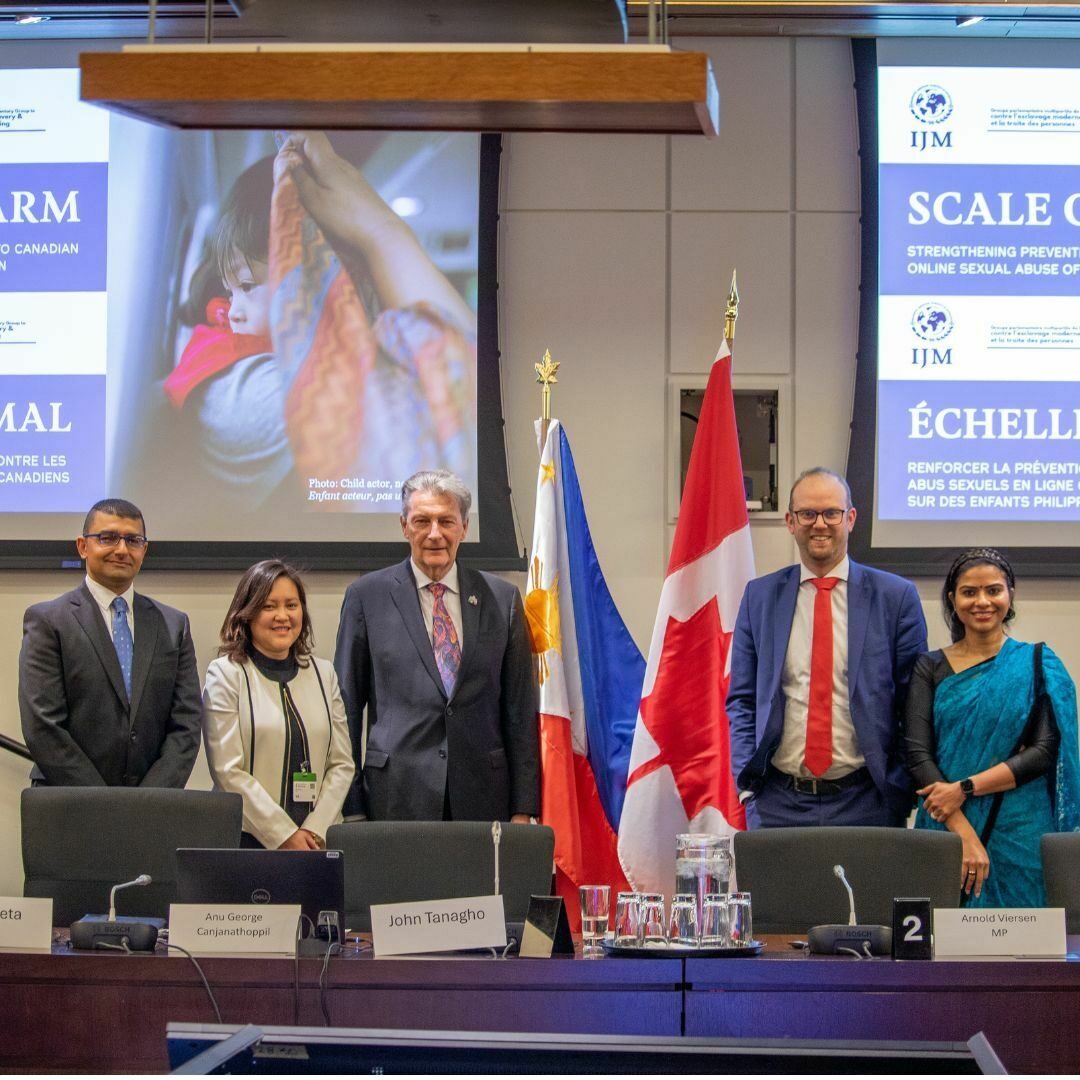
Joint Press Conference in Ottawa
International Justice Mission Canada is part of a global organization that protects vulnerable people from violence. IJM partners with local authorities in 29 program offices in 17 countries to combat trafficking, violence against women and children, and other forms of abuse against people in poverty – including the online sexual exploitation of children in the Philippines. IJM and our partners work together to empower survivors of violence, hold perpetrators accountable and help strengthen public justice systems.
For media inquiries and interview requests, please contact:
Maggie Cutrell, Regional Director, Media and Communications, North America.
mcutrell@ijm.org | +1 (478) 955-4666